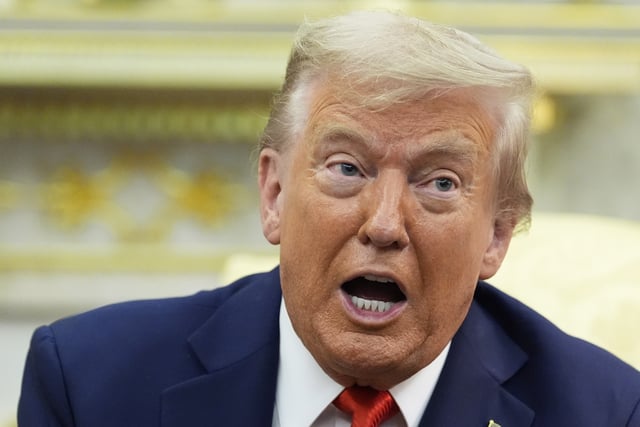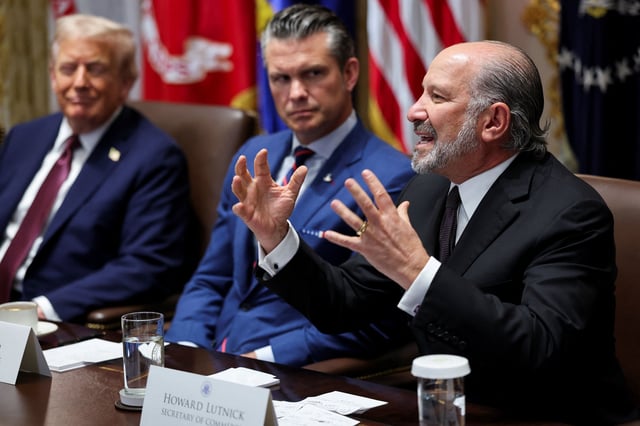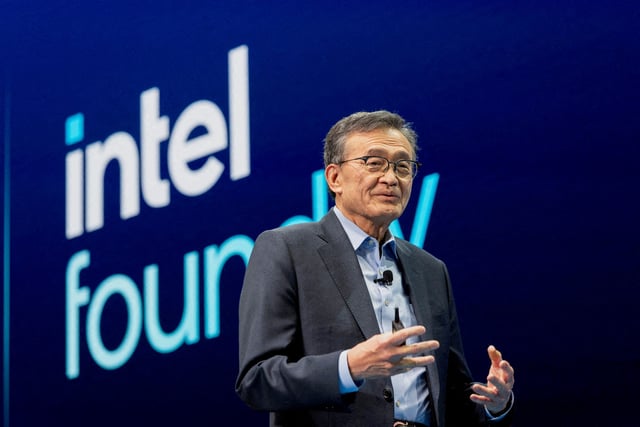Overview
- Commerce converted roughly $11.1 billion in CHIPS Act funds into a 9.9–10% non-voting stake in Intel with no board seat, according to company and government disclosures.
- President Trump said he will pursue similar arrangements; Commerce Secretary Howard Lutnick cited potential moves involving defense contractors, while Treasury Secretary Scott Bessent ruled out Nvidia and suggested areas such as shipbuilding.
- Intel’s securities filing says the deal dilutes existing shareholders, reduces voting rights, and could trigger foreign restrictions that hurt international business; 76% of its 2024 revenue was outside the U.S., including 29% from China.
- Fitch Ratings said the transaction boosts liquidity but leaves Intel’s BBB rating unchanged and does not address weak demand for its chips.
- The stake follows other interventions including a golden share in U.S. Steel, a Defense Department stake in MP Materials, and revenue-sharing tied to certain Nvidia and AMD sales to China, prompting investor calls for guardrails against conflicts or insider-trading risks.


